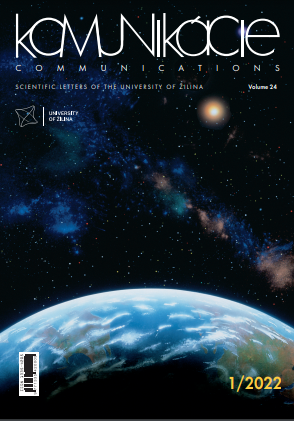Ethical Issues in the Assessment of Speaking Skills
Ethical Issues in the Assessment of Speaking Skills
Author(s): Rastislav MetrukSubject(s): Foreign languages learning, Ethics / Practical Philosophy, Communication studies, Pedagogy
Published by: Žilinská univerzita v Žilině
Keywords: formative and summative assessment; ethical aspects; speaking skills; EFL learner; EFL teacher;
Summary/Abstract: Language assessment is a rather complex yet an inseparable part of the learning process. Not only should it represent learners’ achievements, but it also ought to facilitate and enhance learning. Assessing spoken proficiency can be regarded as particularly difficult, complex, and time-consuming since many aspects of oral performance need to be carefully considered. The two types of assessment, the assessment for learning (formative assessment) and the assessment of learning (summative assessment), have to be taken into account as they both occupy a significant role in the overall development of speaking skills of a learner. However, mastering the formal and informal kinds of assessment requires considerable expertise, hard effort, and invaluable experience. Therefore, EFL teachers often fail in their attempt to conduct a proper and fair assessment of speaking skills. Moreover, the question of ethics, which represents an important element of the assessment process, is frequently neglected too. This paper discusses ethical issues in the assessment of spoken proficiency of EFL learners. Furthermore, ethical obligations EFL teachers ought to comply with in terms of the Communicative approach are also explored.
Journal: Komunikácie - vedecké listy Žilinskej univerzity v Žiline
- Issue Year: 20/2018
- Issue No: 1A
- Page Range: 109-114
- Page Count: 6
- Language: English

